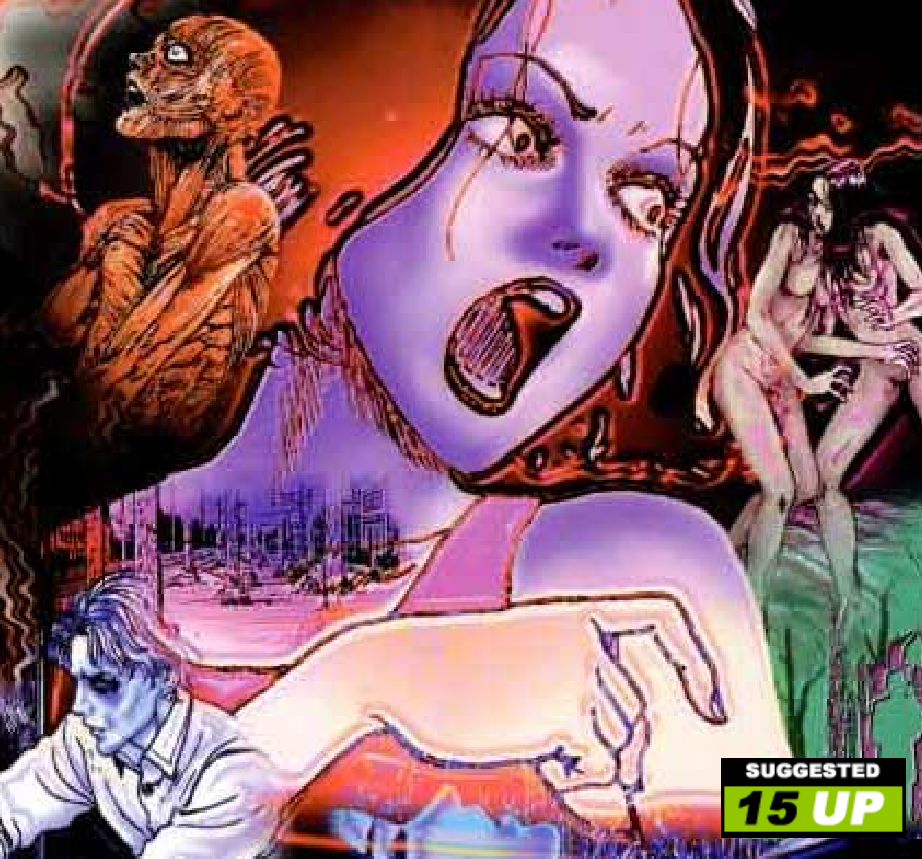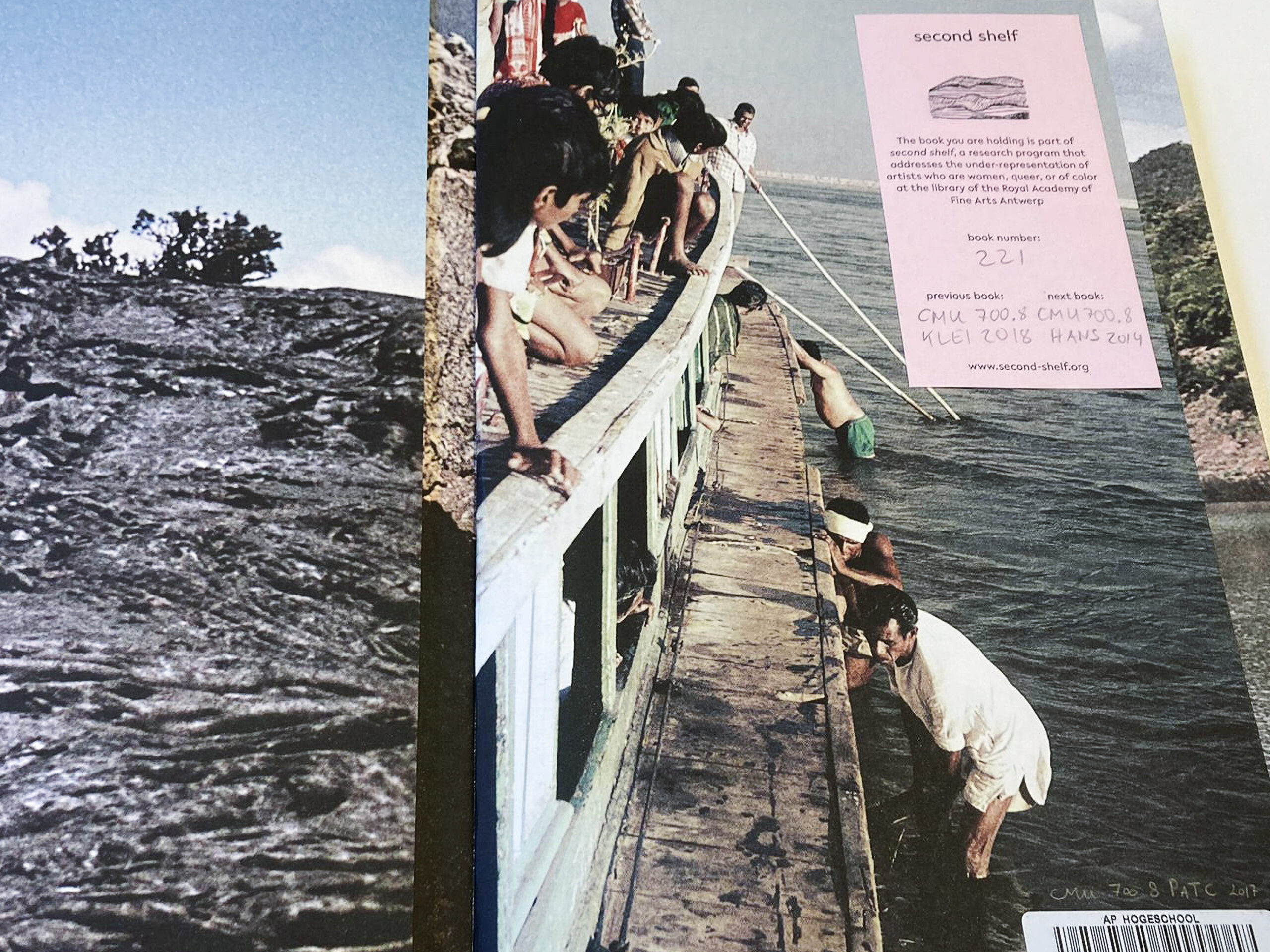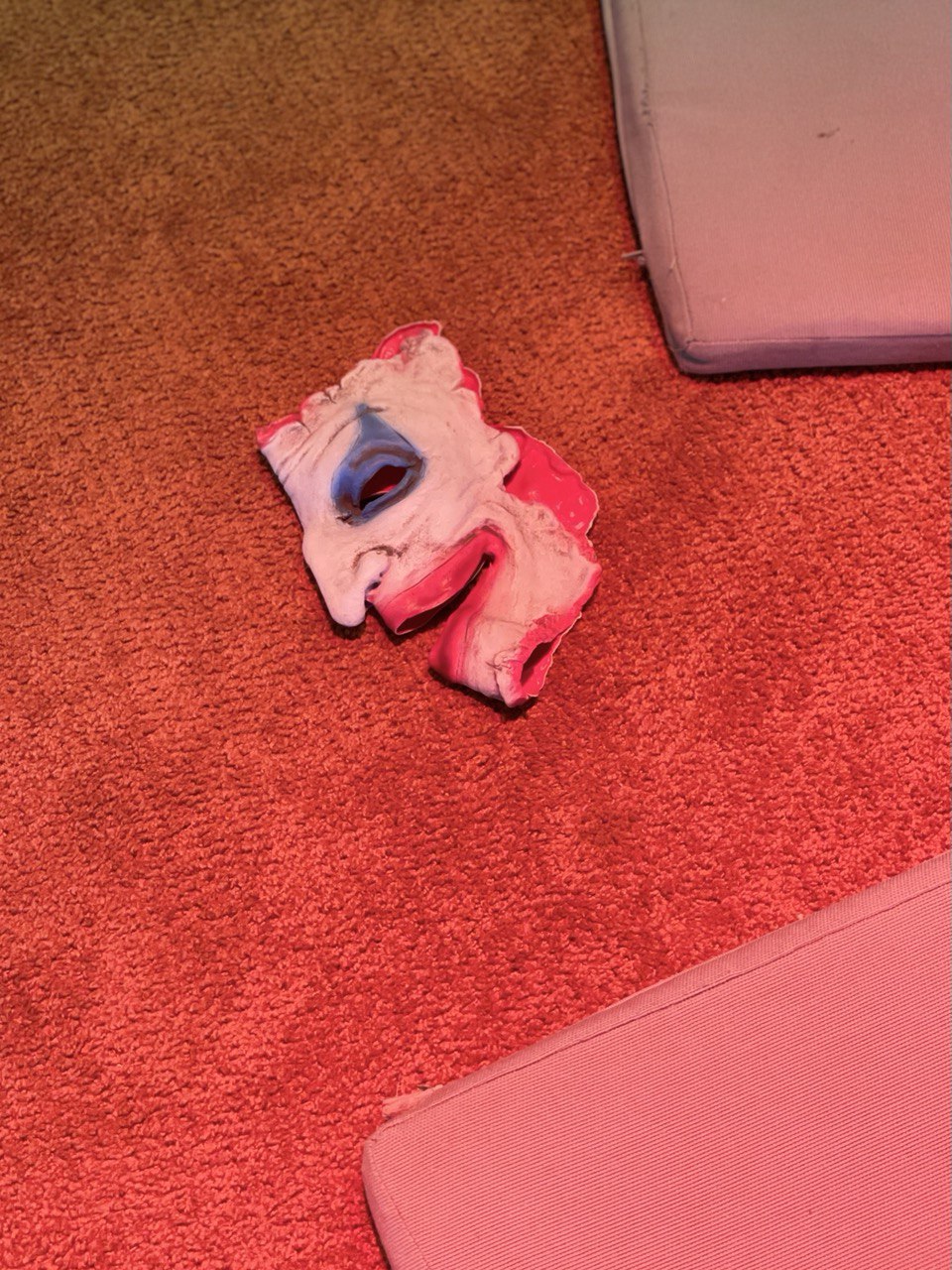workshop
Sina Seifee and Adrijana Gvozdenović Contingent Weirdness
10-13 January 2023
workshop on horror

For the Opening Week of a.pass block 2023 I, Adrijana and Sina propose training/hanging-out/sharing/practice for artists researchers that focuses on the specific genre of horror to understand each other’s artistic commitments in a constraint and therefore generative way. Adrijana and Sina will introduce some of the historical elements of the genre, such as zombies, gore and torture of ghostly demons, vicious animals and cannibal witches, as well as medieval serial killer monsters, unnatural disasters, Frankenstein projects, and so on. Parallelly foregrounding different scales and registers of horror for reconsideration, ranging from speculative fiction, and sci-fi cinema, to medieval bestiaries, inducing “bad feelings” such as fear, uncanny, awe, mania, panic, loss, tension and anxiety.
Read more..postgraduate program
Peggy Pierrot The ingredients of fear
27-27 January 2023
Day of study
Horror stories tell us a lot about our embodied cognition, our ways of seeing, thinking and feeling the world. Without being too functionalist, these literary, comic or cinematographic stories and kids tales are staging fundamental needs linked to our survival: to be able to anticipate danger, to remain on the lookout, to defend oneself, to find resources, to eat, to protect one’s own – in short, to find adequate responses to the conditions of existence that have been ours since the dawn of humanity. At the root of anxiety and fear: is there someone following me? Is the Other a friend or a foe ? Can I trust this person? Will I recover from this unknown weird diseases? Can i trust new sciences ? Is there such thing as pure evil ? Will I be able to survive in inhuman or violent conditions? Have I chosen my home well? What is this shadow that follows me?
11am – 5pm @ a.pass
Read more..workshop
Heide Hinrichs and Vijai Maia Patchineelam disseminated escapes
31 January-1 February 2023
Workshop in the library

10am – 5pm @ a.pass, 3rd floor
The workshop disseminated escapes focuses on the intertwining between art practice, publishing and library keeping, as means to ensure a suitable knowledge context for research-based art practices to exist. With the imminent future of the post-graduate program in doubt, we take a.pass library as a contextual framework, in order to reflect on questions regarding the responsibility of maintaining spaces and networks that foster a more diverse, queer, feminist, and non-hegemonic set of references and knowledge. We will deal with issues such as collectivity, connection, knowledge production, maintenance, responsibility, generosity, boundaries, funding cuts, continuation, letting go, and deaccession, and how they could be considered and dealt with as part of one’s practice.
Read more..
postgraduate program, seminar
Jubilee/Emptor Whose collection?
3 March 2023
Assembly of Practice

postgraduate program, workshop
Anne Juren Fantasmical Anatomy lesson
6-10 March 2023
Workshop
With Anne Juren and her lessons on fantasmical anatomy (March 6-10), we turn to the body as a familiar and unfamiliar site of experience, epistemology and eventually altered potentiality. If the body is a biological product, conditioned by medico-social practices and generational transmissions that precede our experience, how can we simultaneously approach our closest friend and/or foe as ‘a body project’, i.e. as a poetic, fantastical, speculative, imaginative and even monstrous site of investigation that settles and unsettles the conceptions we might have of ourselves, the world and the relations between us? In which way are metaphors influencing the imagination of the body? How is the speculative addressing of somatic practice disfiguring concepts of anatomy? Can horror imaginaries offer a mood to investigate and release our corporeal disorder and vulnerability?
Read more..